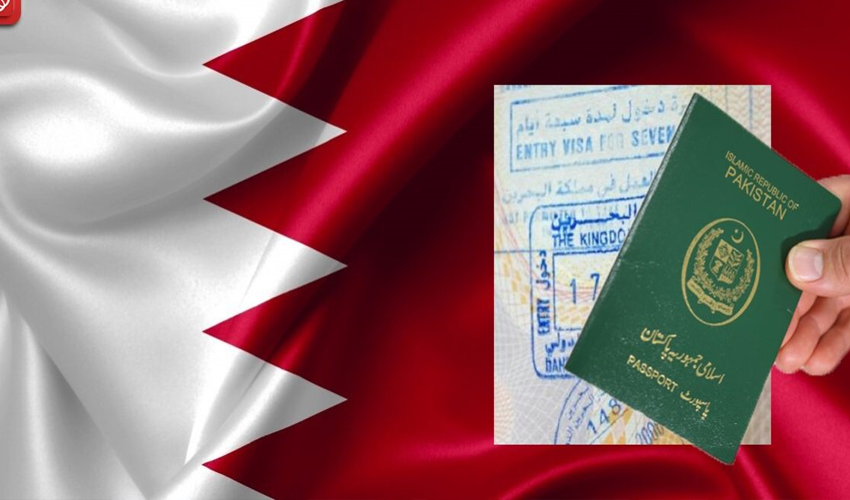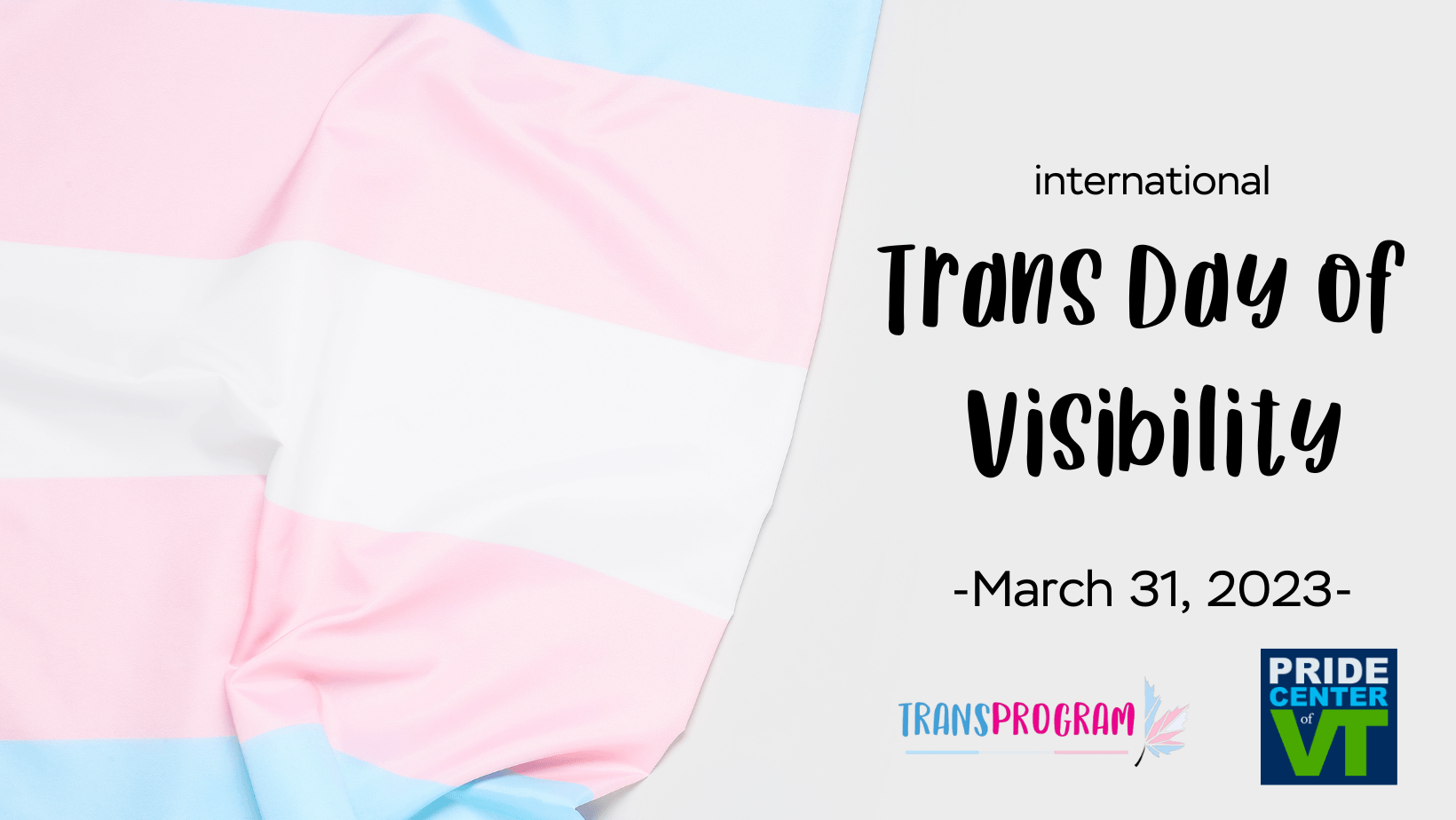UK Visa Restrictions: Impact On Nigerian And Pakistani Applications

Table of Contents
Increased Scrutiny and Higher Refusal Rates
Recent years have witnessed a significant rise in visa refusal rates for Nigerian and Pakistani applicants seeking entry into the UK. While precise statistics can fluctuate and are not always publicly released in a detailed manner, anecdotal evidence from immigration lawyers and applicant forums strongly suggests a trend of increased scrutiny and higher rejection rates. This stricter approach to visa applications manifests in several ways:
- Higher rejection rates for specific visa categories: Student visas, visitor visas, and work visas from Nigerian and Pakistani applicants appear to experience disproportionately higher refusal rates compared to other nationalities.
- Increased documentation requirements leading to longer processing times: Applicants are now required to provide significantly more documentation to support their application, leading to a longer and more complex application process. This added complexity increases the chance of errors and subsequent rejection.
- Greater emphasis on proving genuine intent for the visit: Applicants are under intense scrutiny to demonstrate convincingly that their visit to the UK is legitimate and that they intend to return to their home country after their visa expires. This often involves detailed evidence of strong ties to their home country.
- Examples of common reasons for visa refusals: Common reasons for refusal include insufficient financial evidence, weak ties to their home country, inconsistencies in application information, and a lack of credible supporting documentation.
Reasons Behind the Increased Scrutiny
The stricter UK visa policies targeting Nigerian and Pakistani nationals stem from a confluence of factors:
- Government's focus on controlling immigration numbers: The UK government has implemented policies aimed at reducing net migration, leading to a more rigorous vetting process for all visa applications, but particularly those from countries perceived as having higher rates of immigration to the UK.
- Concerns regarding potential overstaying of visas: Concerns about applicants overstaying their visas and potentially becoming undocumented immigrants contribute to increased scrutiny.
- Increased scrutiny of financial and supporting documentation: Applicants are required to provide meticulous evidence of their financial stability and ability to support themselves during their stay in the UK. This often involves detailed bank statements and proof of employment.
- Impact of Brexit on immigration policies: The UK's departure from the European Union has led to significant changes in its immigration policies, resulting in a more restrictive approach to visa applications overall.
The Role of Fraudulent Applications
The increased scrutiny is also partly a response to a rise in fraudulent visa applications from various regions, including Nigeria and Pakistan. This has unfortunately led to a blanket increase in scrutiny impacting even legitimate applicants.
- Instances of fraudulent documentation being submitted: Cases of forged documents, fabricated employment letters, and false declarations of financial means have contributed to the tightening of visa regulations.
- Impact of fraudulent activity on legitimate applicants: The actions of fraudulent applicants have unfortunately undermined the credibility of legitimate applicants, leading to increased scrutiny for everyone.
- UK government efforts to combat visa fraud: The UK government is actively working to detect and prevent visa fraud through enhanced technology, improved data sharing, and increased collaboration with international partners.
Challenges Faced by Nigerian and Pakistani Applicants
The stricter UK visa regulations present several significant challenges for Nigerian and Pakistani applicants:
- High application fees and associated costs: The cost of applying for a UK visa, including application fees, visa processing fees, and associated travel and administrative expenses, can be substantial.
- Difficulties in meeting stringent documentation requirements: Gathering the extensive documentation required can be difficult and time-consuming, particularly for applicants lacking easy access to official documentation.
- Long processing times leading to delays and uncertainty: The increased scrutiny and higher volume of applications lead to significantly longer processing times, causing anxiety and uncertainty for applicants.
- Limited access to reliable legal advice and representation: Access to qualified immigration lawyers can be limited, especially in more rural areas, placing an additional burden on applicants.
Strategies for Successful UK Visa Applications
Despite the challenges, Nigerian and Pakistani applicants can significantly improve their chances of a successful UK visa application by following these strategies:
- Thorough preparation of all required documentation: Meticulous attention to detail and the timely collection of all necessary documents are paramount.
- Engaging a qualified immigration lawyer: Seeking expert advice from an immigration lawyer experienced in UK visa applications can significantly increase the chances of success.
- Clearly demonstrating the purpose of the visit and the intent to return home: Applicants need to convincingly demonstrate the reasons for their visit and their strong ties to their home country.
- Highlighting strong ties to their home country: Providing compelling evidence of family, property ownership, employment, and other significant ties to their home country reinforces the intention to return.
Conclusion
The UK's tightening visa restrictions have significantly impacted Nigerian and Pakistani applicants, leading to increased scrutiny, higher refusal rates, and substantial challenges. Understanding these challenges and implementing the strategies outlined above is crucial for a successful application. Navigating the complexities of UK visa restrictions requires careful planning and preparation. Don't let the challenges deter you. For detailed guidance and expert assistance with your UK visa application, consult with an immigration specialist today. Improving your chances of a successful UK visa application starts with informed preparation and seeking professional help when needed.

Featured Posts
-
 Suncor Achieves Record Production Despite Slowing Sales And Inventory Growth
May 10, 2025
Suncor Achieves Record Production Despite Slowing Sales And Inventory Growth
May 10, 2025 -
 Dakota Johnson Channels Spring Elegance With Mom Melanie Griffith
May 10, 2025
Dakota Johnson Channels Spring Elegance With Mom Melanie Griffith
May 10, 2025 -
 Pope Leo Is First Mass A Warning Against De Facto Atheism
May 10, 2025
Pope Leo Is First Mass A Warning Against De Facto Atheism
May 10, 2025 -
 Supporting Transgender Individuals Practical Allyship On International Transgender Day
May 10, 2025
Supporting Transgender Individuals Practical Allyship On International Transgender Day
May 10, 2025 -
 Kormanyepuelet Noi Mosdo Letartoztatas Egy Transznemu No Esete Floridaban
May 10, 2025
Kormanyepuelet Noi Mosdo Letartoztatas Egy Transznemu No Esete Floridaban
May 10, 2025
